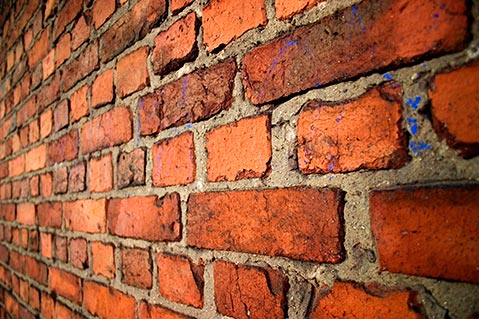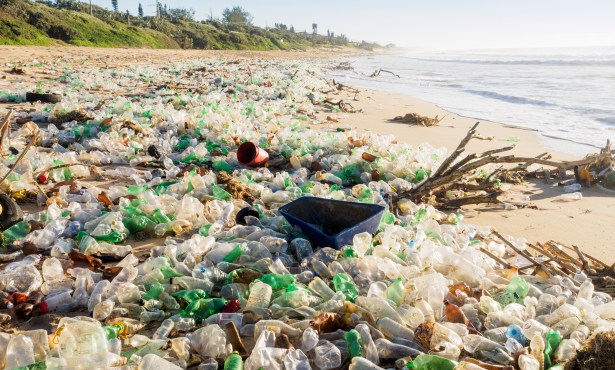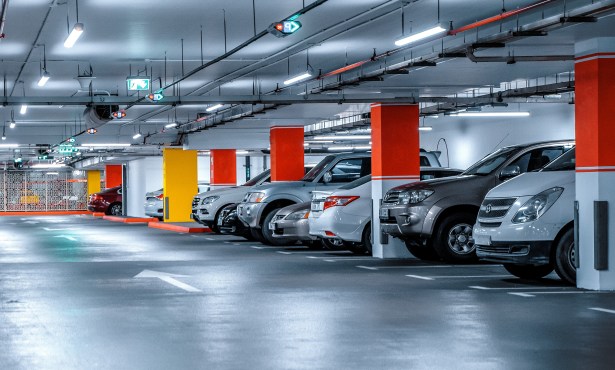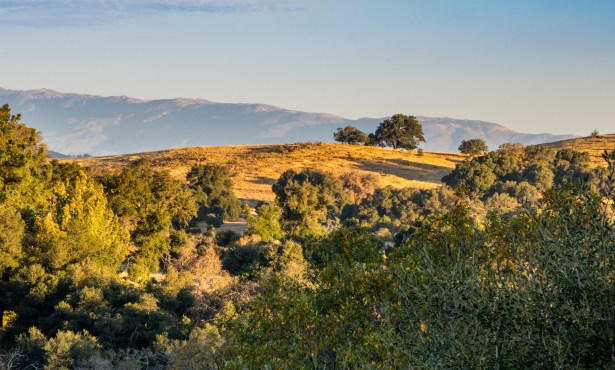Going Green: Bricks and Microbes

The search for better, greener building products — products that embody less energy and water, avoid toxic chemicals, use recycled waste for their manufacture, and minimize the use of nonrenewable materials — is a never-ending quest.
Take the simple brick as an example, a product that is used in 80 percent of global construction, which translates into 1.23 trillion bricks used a year. Because bricks need to be fired, manufacturing them creates 800 million tons of carbon emissions yearly, more greenhouse gases than all airplanes emit in a year.
About six years ago, CalStar started manufacturing bricks and pavers using 85 percent less energy with a comparable reduction in carbon emissions compared to manufacturers of traditional clay bricks and pavers. Their breakthrough process uses mainly recycled waste — specifically fly ash, a residue generated from combustion in coal power plants that normally ends up in landfills. Needing only 24 hours to make a brick, CalStar has kept the cost in line with traditional products. The process has produced no compromise to aesthetics or durability. In brief, CalStar bricks realize two big sustainable innovations: use of an abundant waste material as the critical manufacturing input and a dramatic reduction in energy use to manufacture them.
Fast-forward a few years, and we are starting to hear about bioMASON, a biotech manufacturing company that has developed an easily scalable process where bricks are grown using bacteria, sand, and water, together with some nutrients and minerals from renewable sources. The inspiration comes from the way coral reefs grow in the ocean, a process which produces calcium carbonate, a material stronger than concrete. It is a complicated process but happens at ambient temperatures, without requiring any fossil-fuel energy while taking only two to five days. Basically, it is a modified and speeded-up version of what nature does over thousands of years in making sandstone. By comparison, the process of making traditional clay bricks takes between three and five days, most of which is the 2,000ºF firing process.
Though currently producing about 500 bricks per week, bioMASON’s intent is not to be the manufacturer. Rather, they want to supply the process to others to make the bricks. They offer a liquid brew of bacteria, nitrogen, nutrients, and calcium so that licensees can just add water to start growing bricks.
By cleverly using technology, bacteria, and microorganisms, bioMASON has all but eliminated the need for fossil fuels in brick making and, consequently, reduced carbon emissions to near zero. They have created an economically viable, biological-based alternative. Their next exploration is to see whether nature can help them make insulating bricks or bricks capable of removing airborne pollution.



